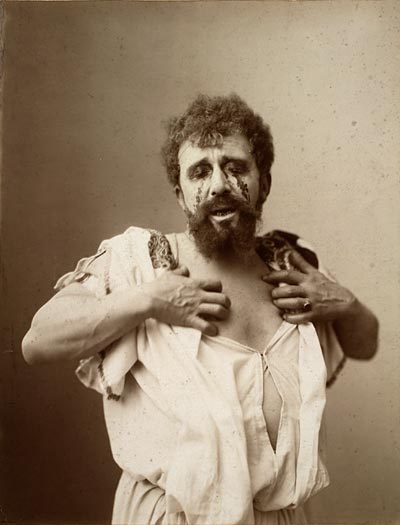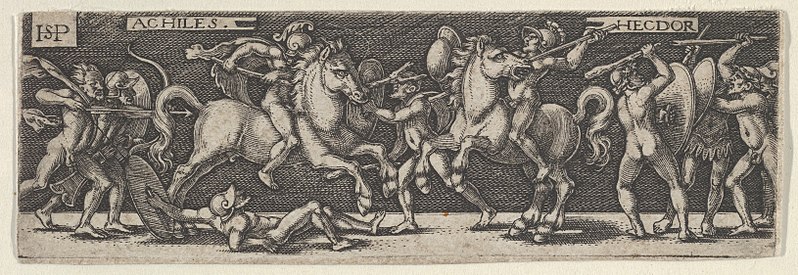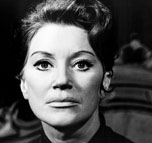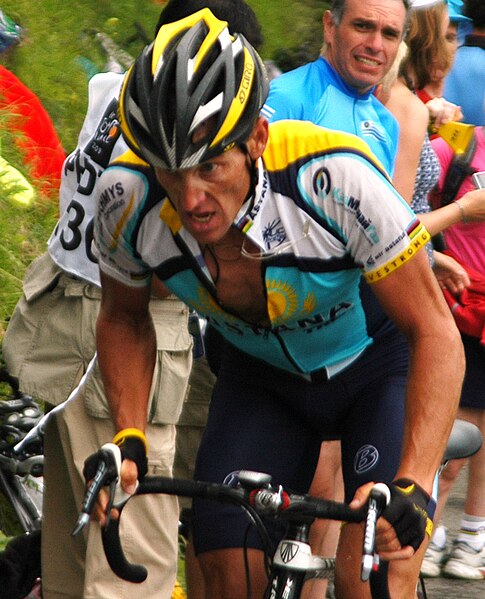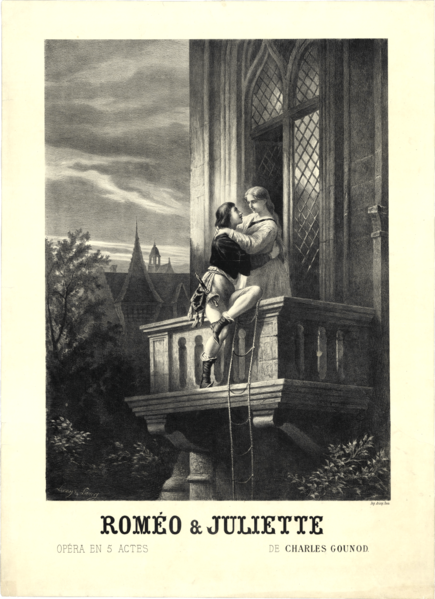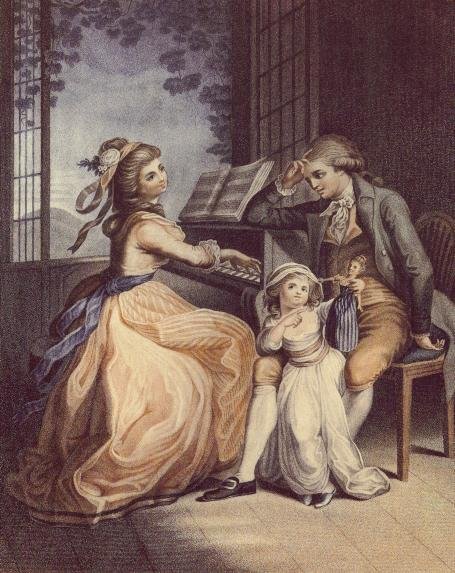BROWDERBOOKS
The Brooklyn Book Festival is going to be held online, and for authors to participate will cost only fifty dollarooonies. So will I participate? No way! Author events can be done online, but book sales, never. What sells books (or anything) at a fair? Two things:
- Books on a table, carefully arranged.
- A steady flow of traffic to your table.
Minus either of these, few sales. Minus both, none. So I'll keep my fifty smackeroonies for myself.
My next historical novel, Forbidden Brownstones, about an educated young black man in nineteenth-century New York, has been through two close readings by my in-house editor, and now, after a final third read-through, will go to a copyeditor.
 |
|
Google Ads is now advertising my latest nonfiction title, New Yorkers: A Feisty People Who Will Unsettle, Madden, Amuse and Astonish You. I have launched two campaigns, the second slightly less inept that the first, and I have tried to add images to them, but with little control over formatting, which promises dismal results. Here is a photo from my 2019 book release party for The Eye That Never Sleeps that made it into my college alumni bulletin. A great photo, but Google, being fussy about dimensions, won't take it either as a rectangular image or a square one. The photos it does take are usually chopped up, captionless, and meaningless. I'm fed up with Google already. My solution: delete all the photos. If they can't be presented properly, they can go, and they are now gone.

(BTW: Read the sign in the lower left corner, if you can. When traveling by Greyhound bus in the West years ago, a refugee from Academia, I grabbed it out of a drab little hotel in Montana as a kind of souvenir. The misspellings are probably not legible here.)
Amazon won't let me advertise, and Google has the beginnings of a fiasco, so I will have to try something else. Not easy. With my local post office closed tight, at the moment I can't mail books myself. One possibility: BookBub. At least, I'll look into it.
For a post with all my books, go
here. And for my new website, go
here.
BULLIES
I hate them, always have, and my fictional characters hate them, too. This dates from my childhood. My first bully was my brother David, three years older than me. He was tall and dark, I was a blue-eyed blond whose hair soon turned to brown. In our early years, when he came at me, I didn't know if he would kiss me or hit me. What's scary is that he didn't know, either. He was a creature of impulse, with little thought of the consequences. There was an unspoken rule between us: if he only scared me, but didn't actually hit me, I wouldn't tell our parents. But in a park one day he heaved a brick at me, probably meaning to miss me narrowly. But he aimed too well: I went home screaming with pain, a big lump on my forehead. They rushed me off for an x-ray; luckily, nothing was fractured. What they did to my brother I don't know; I was too busy screaming with pain.
David was a rule breaker, always in trouble. How he must have, at times, hated little Hal, his blue-eyed brother, never in trouble, quite content if he could just quietly read a book and let it generate rich fantasies of life in another time. Sometimes David would leave me alone, and sometimes not. Once he got me so angry that I snatched up a letter opener from my mother's desk in the living room and flung it at him. Years later, when we were older and calmer, he told me that was the only time that I really scared him. I'd like to say that I hurled it with such force that it lodged in the woodwork inches away from his noggin. But no, I flung it rather gently and it clattered to the floor well short of him. But if the gesture scared him, that was something gained.
David was not the only bully in my life. Even a quiet, order-loving, respectable town like Evanston, the Chicago suburb where I grew up, abounded in them. Every block seemed to harbor one, always male, often the despair of his well-meaning parents. I had a few close brushes with several, but was never really abused. Then one late winter afternoon, trudging through a field of snow not far from my home, I was accosted by a kid somewhat younger than me, but tough. "I want to fight you," he said. With him was a friend, so it was two to one. I was older, but a glasses-wearing nerdy-looking bookworm, an easy target. "Well," I said, out of desperate bravado, "no better time or place." Fight or flight is the choice all creatures have, when in imminent danger; I chose flight. I raced off, but he easily overtook me, tackled me, and tumbled me down in the snow. Triumphant, he towered over me. "That's just some snow in your glasses," he said, and it's true that my glasses were filled with snow. "C'mon," he said to his buddy. "Let's not waste any more time with this sissy." And off they trudged, in search of more victories.
A third boy, a neutral, had witnessed this. With him watching, I got up, dusted the snow off me, wiped my glasses clean, and left. My flight had in fact accomplished my main goal: to be rid of the bully; perhaps I even let him tackle me. But when I got home, brooding alone in the living room, I burst into tears and wept for the next twenty minutes. I never told anyone about this incident, but the memory of it haunted me for years. My brother felt that only he had the right to bully me; if anyone else did, he would lay into them. But his reactions were so violent, that I knew not to trigger them. I preferred to keep my troubles to myself, even if they rotted my innards.
In fifth or sixth grade a kid named Hilliard had the habit of challenging me. I had in no way offended him, but he still greeted me, saying,
"Hal, you're a sissy and I can prove it. I challenge you to a fight."
"I don't want to fight," I replied.
"See? You're a sissy." And he flashed a smug, triumphant smile.
One day, as I was walking home from school, I came upon a bunch of classmates, one of whom, Billy, was in tears. "Hilliard punched him," explained the others, and in the distance I saw Hilliard sauntering off with his little brother. Everyone there sympathized with Billy, who had done nothing to provoke the attack.
A glimmering of the truth began to dawn in me. If there was any kid in the class more vulnerable than me, it was Billy, a nice, quiet, harmless kid, immensely likable. Hilliard wouldn't challenge any of the tough boys in the class, he only went for me and Billy. In this instance, he was showing off for his little brother. Years later, of course, I realized that Hilliard, like my brother, was very insecure inside, and reassured himself of his manliness by bullying. Scratch a bully, and inside you'll find a scared little boy, profoundly insecure, desperate. I too was insecure, being a nerdy bookworm who hated sports, but I didn't take it out on others. Most of us don't; bullies do.
The Russian writer Solzhenitsyn, recounting his days in the Soviet Gulag, tells of how he once found himself lodged together with another prisoner, a big, muscular man who from the start made it clear that he was in charge. He ranted, he blustered, he bullied. So Solzhenitsyn stood up to him, quite ready to fight physically, if necessary. Challenged, the bully burst into tears. Solzhenitsyn was bullied no more.
Years later, when I realized I was gay, the question of proving my manliness, or hiding the lack of it, became irrelevant. I'm gay, I thought, I'm different. I don't give a damn about manliness. Let the straight guys worry about that. And worry they do, many of them. My e-mail SPAM folder is crammed daily with offers of promised hardness and secrets for seducing women, presumably addressing just such an audience of would-be Don Giovannis.
Can a woman be a bully? Once, long ago, when I was a freelance editor, I had a temporary desk on the East Side in a building owned by Harcourt Brace Jovanovich. On the same floor near me was the rented office of an agent, whose assistant worked there with two young people, a boy and a girl in their twenties. The agent was never here, but her assistant lorded it over them. "I expect you to take manuscripts home every weekend and read them. I want results, or else. This is no idle warning." So she expected them to give up a good chunk of their weekend, without additional pay. The two kids looked cowed, intimidated. Yes, women too can be bullies.
Many a CEO is a bully; I've heard stories of it all my life, and seen films about it, too. They get results, but at a price. Cult leaders too can be bullies, though in a subtler, more insidious way. As for politicians, need I say more? His inability to take criticism or admit faults, his speedy dismissal of those who don't kowtow, his twittering rage at his enemies -- all these I take as signs of a bully. If he isn't successful next November, he will fall into even more erratic rages, mouthing wild accusations and counter-truths, promoting a world of fantasies to shield him from reality. A bit like Hitler, who in his last days in the bunker lapsed in fantasy, ordering nonexistent divisions into battle, and proclaiming to the very end, "What I have tried to do for the German people!" Such was his state of mind, even as Soviet troops approached, Berlin lay in ruins, and the only solution for him was suicide. In the long run, bullies don't fare well. There are exceptions -- certain CEOs -- but usually time is against the bully.
Why do bullies do what they do? I have suggested deep insecurity. But maybe the real reason is simply, because I can. Which would explain a lot of evil in the world, if explanation it is. Because I can. Scary.
Coming soon: Apothecaries: Cocaine, Arsenic, and Opium, and All of It Just for You.
© 2020 Clifford Browder






